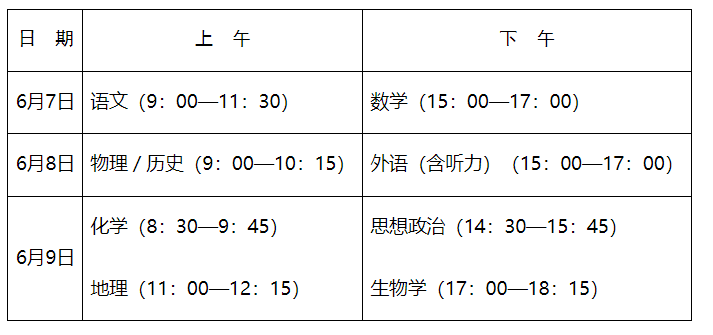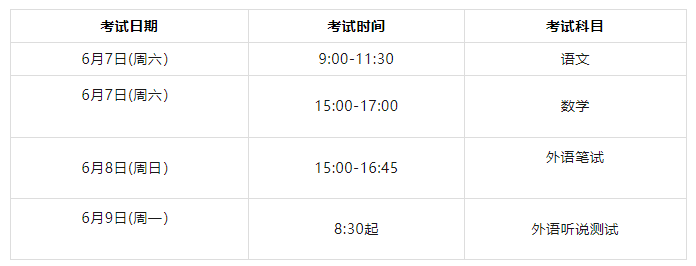外研版必学一Module1重点单词academic [kdemik] adj. 学术的province [prvins] n. 省enthusiastic [in,ju:zistik] adj.热心的amazing [meizi] adj.让人吃惊的,让人惊讶的information [infmein] n. 消息;website [ websait] n.网站;网址brilliant [briljnt] adj.(口语)非常好的comprehension [kmprihenn] n. 理解,领悟instruction [instrkn] n.(常作复数)指示;说明method [med] n. 办法bored [b: d] adj.厌烦的;厌倦的embarrassed [imbrst] adj.尴尬的;难堪的;困窘的attitude [titju:d] n. 态度behaviour [biheivj] n. 行为;举动previous [pri:vis] adj.以前的;以前的deion [diskripn] n.记述;描述amazed [meizd] adj. 吃惊的;惊讶的embarrassing [imbrsi] adj.让人尴尬的;让人难堪的technology [teknldi] n. 技术impress [impres] vt.使印象深刻correction [krekn] n. 改正;纠正encouragement [inkridmnt] n. 鼓励;勉励enjoyment [indimnt] n.享受;乐趣fluency [flu:nsi] n.流利;流畅misunderstanding [misndstndi] n. 误解disappointed [dispintid] adj. 失望的disappointing [dispinti] adj. 让人失望的system [sistm] n. 规范;体系;系统teenager [ti:nid] n. 少年disappear [dispi] vi. 消失move [mu:v] v.搬家assistant [sistnt] n. 助手,助理cover [kv] vt.包括diploma [diplum] n. 文凭;毕业证书外研版必学一Module1重点短语1. in other words 换句话说2. look forward to 期待;盼望3. at the start of 在开始的时候4. at the end of 在结束的时候5. go to college 上大学6. be divided into 被(划)分成7. take part in 参加8. differences between A and B A与B的区别9. be similar toin ... 与在方面相似10. the attitude to/towards 对待的态度11. a city not far from 一个离不远的城市12. write down 记下,写下13. on the computer 在电脑上14. on the screen 在屏幕上15. information from websites 网站上的信息16. a woman called. 一个叫的妇女17. be nothing like 一点都不像18. speak a lot in class在课堂上讲太多19. have fun 玩得高兴20. introduce oneself自我介绍21. in groups 按组进行22. give sb instructions给某人指示23. work by oneself 靠某人自己工作24. improve ones spelling 提升某人的拼写能力25. in a fun way 以一种愉快的方法26. in other words 换句话说27. for ones homework 为某人的家庭作业28. a deion of 的描述29. look forward to doing 盼望做30. make a good impression on sb给某人留下好印象31. A is the same size as B A与B一样大32. the number of 的数目33. be fluent in Chinese 汉语流利34. speak Chinese with fluency 汉语讲得流利35. make a lot of/much progress 获得非常大进步36. write to sb写信给某人37. all over the world全世界38. the smell of 的味道39. move to. 搬迁到40. have the biggest smile 拥有最快乐的笑容41. the American school systems 美国教育体系42. cover 7 years 有七年时间43. receive the high school diploma 获得高中文凭44. September through December 9月到12月45. be free to do 自由做46. after-school activities课外活动外研版必学一Module1重点句型1. Were so much looking forward to seeing you again.大家很渴望再见到你。
2. The holiday we have been looking forward to is drawing near.大家一直盼望的假期马上就到了。
3. Word came that the mayor would soon pay a visit to our school.消息传来讲市长不久就要来大家的学校参观。
4. The books on the desk are of more value than those on the shelf.桌子上的书要比书架上的书更有价值。
5. Meeting my uncle after all these years was an unforgettable moment, one I will always treasure.这么多年后见到我的叔叔是一个难忘的时刻,一个我会永远铭记的时刻。
6. To our surprise, we got twice as many people to attend the meeting as we expected.让大家感到惊讶的是,参加会议的人数是大家预想的两倍。
7. The price of this house is three times what it was two years ago.这座房屋的价格是两年前的三倍。
8. The output of cars this year is twice that of last year.今年汽车的产量是去年的两倍。
9. Mary is now getting on well with her new job and she earns twice as much as she did last year.玛丽目前新工作进展顺利,她挣的薪资是去年的两倍。
10. The case of Li Gang had a bad effect on society, so did that of Guo Meimei.李刚事件对社会产生了不好的影响,郭美美事件也是这样。
11. He didnt finish his homework, neither did I.他未完成家庭作业,我也未完成。
12. Alice is a student and works hard.艾丽斯是个学生,学习努力。So it is with Tom./It is the same with Tom. 汤姆也一样。
13. Youve left the light on. 你忘关灯了。Oh, so I have. Ill go and turn it off. 哦,是的。我就去关。外研版必学一Module1语法一般目前时、目前进行时、-ing形容词和-ed形容词的使用方法。考试知识点1:一般目前时的使用方法1.表示常常性、习惯性的动作。句中常出现often, usually, sometimes, always, every day等状语。 He goes to school at seven oclock every day. 他天天七点去上学。 She always takes a walk in the evening. 她常在晚间散步。 We always care about and help each other. 大家一直互有关心、互相帮助。
2.表示常见的真理、科学事实,也用在格言中。 Light travels faster than sound. 光比声音传播得快。 Actions speak louder than words. 行动比言语更为响亮。
3.在时间状语从句和条件状语从句中,一般用一般目前年代替一般以后时。 When I graduate, Ill go back to the countryside. 我毕业后将回农村。 They wont come to see us if it rains next Sunday. 假如下周日下雨,他们就不会来看大家了。
4.表示按规定或时刻表将要发生的动作,仅限于少数动词,如begin, leave, go, arrive, start等。 The meeting begins at eight. 会议八点开始。 The train starts at nine in the morning. 火车早上九点出发。
5.表示主语的特点、性格或说话时的感觉、状况。 This job calls for great patience. 这项工作需要很大的耐心。 I feel very cold. 我感觉非常冷。考试知识点2:目前进行时的使用方法1.表示说话时正在进行的动作。常与时间状语 now, at the moment等连用。 I am writing a letter. Will you please turn down the radio? 我正在写信,请把收音机的音量调小一点儿,怎么样? Some of the passengers are looking out of the windows at the moment. 此刻一些旅客正看着窗外。
2.表示现阶段正在进行而此刻未必正在进行的动作。常与时间状语 these days等连用。 She is studying law while her elder brother is studying medicine. 她学法律而她哥哥学医。 I dont really work here; I am just helping out until the new secretary arrives. 我并不是在这儿工作,我只不过在新秘书来之前帮帮忙罢了。
3.表示按计划、安排将要发生的动作。有此使用方法的动词有go, come, leave, arrive, take, return, meet等。 Mr White is leaving for Shanghai in a few days. 几天后,怀特先生将动身去上海。 We are meeting him after the performance. 大家将在表演结束后去见他。
4.表示反复发生或习惯性的动作,一般表达某种强烈的感情,如赞扬、遗憾、讨厌、不满等。常与 always, continually, constantly, forever等副词连用。 He is always asking such simple questions. 他总是问这种简单的问题。 He is always thinking more of others than of himself. 他一直为其他人考虑得多,为自己考虑得少。
5.表示一种委婉的语气。hope, want, wonder等少数动词用目前进行时表达的语气比用一般目前时更委婉。 Im wondering whether you like it. 我不了解你是不是喜欢它。考试知识点3:-ing、-ed形容词的使用方法基本含义-ing形容词一般用于表示事物或人自己的属性,常译为让人的,强调的是事物或人给人的一种感觉。-ed形容词一般用于说明人的感受,常译为感到的,强调人自己的情感波动。 The interesting book attracts me. 那本有趣的书吸引了我。 The flowers on the hill are pleasing. 山上的花赏心悦目。 When he heard the news, he was very surprised. 当他听到这个消息时,他感到非常吃惊。语法功能-ing形容词和-ed形容词都可作定语、表语、补语和状语。 The film was very amusing. 这部电影非常不错笑。 Smith is the most experienced doctor in the hospital. 史密斯是这家医院里最有经验的大夫。 She is very interested in English. 她对英语非常有兴趣。


